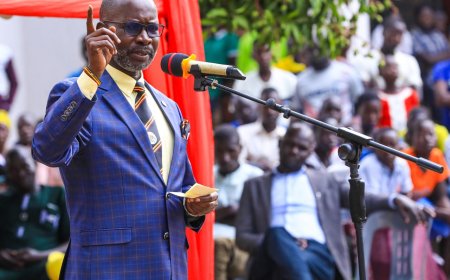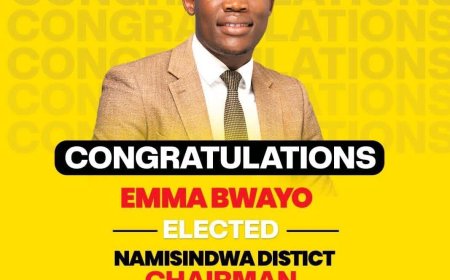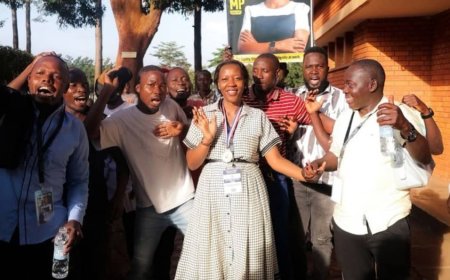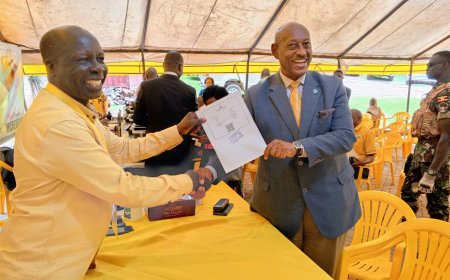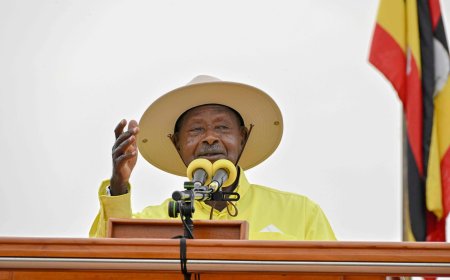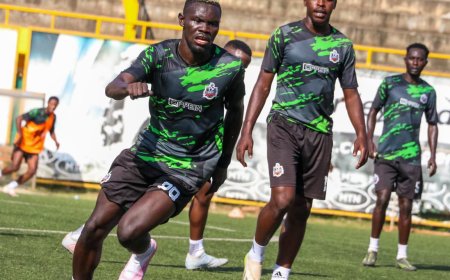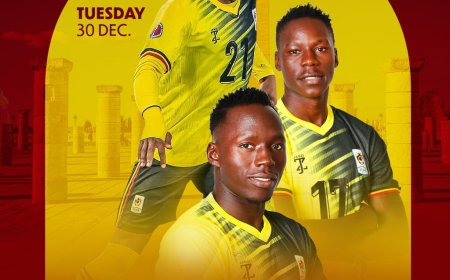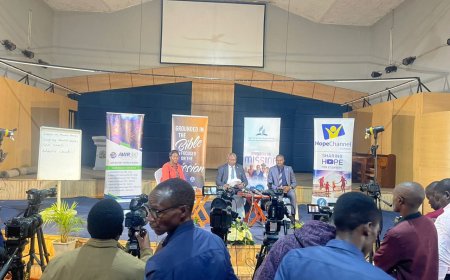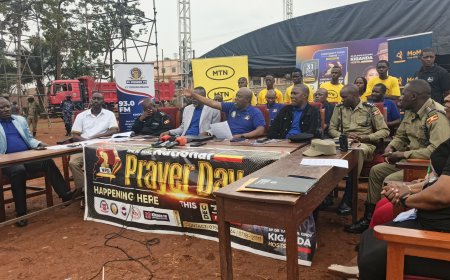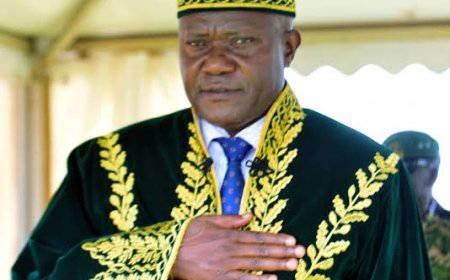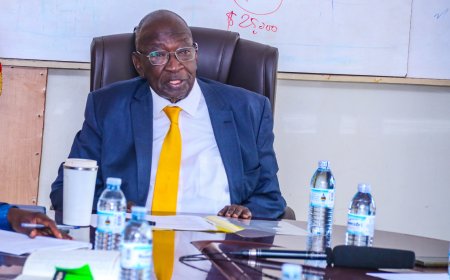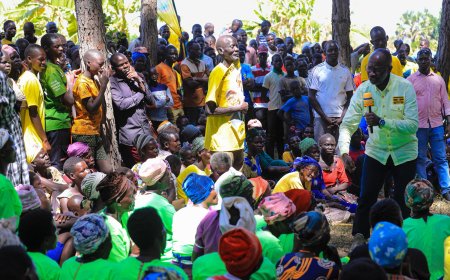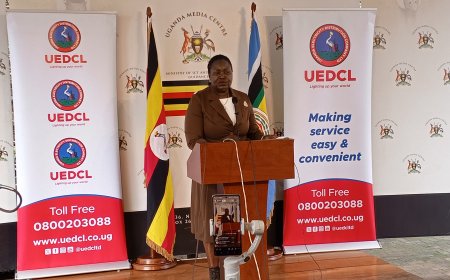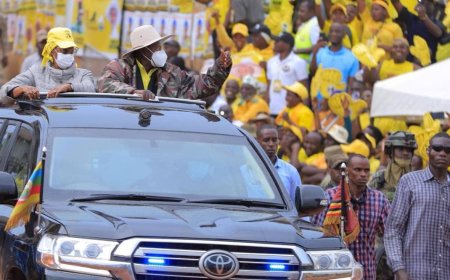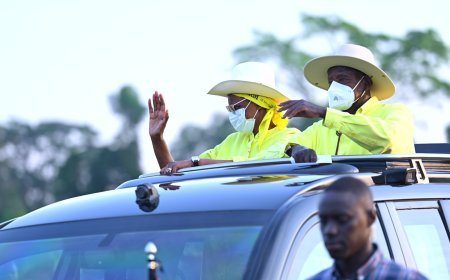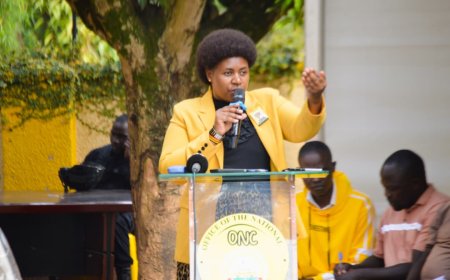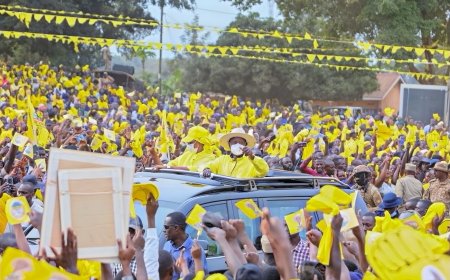Nigeria's main opposition files against election loss
Former Lagos governor and ruling All Progressives Congress (APC) party strongman Bola Tinubu won the election with around 37% of the vote, but opposition parties charge delays in electronic uploading of results aided massive ballot rigging.
ABUJA - Nigeria's main opposition presidential candidate Atiku Abubakar, who came second in last month's election, has filed a formal petition in court seeking to overturn the ballot won by the ruling party.
Abubakar's petition filed late Tuesday in an Abuja appeals court follows one from the Labour Party candidate Peter Obi, who came third, as part of what will likely be a prolonged legal battle over the 25 February election.
Former Lagos governor and ruling All Progressives Congress (APC) party strongman Bola Tinubu won the election with around 37% of the vote, but opposition parties charge delays in electronic uploading of results aided massive ballot rigging.
In his petition, Abubakar of the Peoples Democratic Party (PDP) claims the election was invalid because the Independent National Electoral Commission or INEC failed to comply with election law by not uploading the results.
Among other charges, the petition claims manipulation of votes and that Tinubu did not meet constitutional requirements to be declared the winner.
It calls for Abubakar to be named the winner or for fresh elections to be held.
The constitution allows the courts 180 days to make a ruling on election matters and plaintiffs can then appeal to the supreme court.
Abubakar, who was on his sixth bid for the presidency, also challenged the results in 2019 when he lost against incumbent President Muhammadu Buhari.
The supreme court dismissed his fraud claims months later.
VOTING TURMOIL
Obi was a surprise third candidate whose appeal to younger voters allowed him to challenge the dominance of the APC and PDP who between them have ruled Nigeria since the end of military dictatorship in 1999.
In his petition in the same Abuja appeals court, Obi also alleges INEC broke electoral law.
INEC has denied any illegal activity, though acknowledged technical problems with the so-called BVAS voting machines.
Buhari steps down in May after two terms, leaving Nigeria grappling with widespread insecurity, economic woes and growing poverty.
Nigerians had hoped the presidential ballot would give them a chance to be heard, but many were disappointed by the way the election was conducted.
Voters and opposition parties complained last month that technical mishaps with voting machines caused delays and allowed for vote rigging, which the electoral commission has denied.
International observers, including from the European Union, noted major logistical problems, disenfranchised voters and a lack of transparency.
Earlier on Tuesday, president-elect Tinubu appealed for unity, saying "the time for politicking is gone".
Nigeria's ruling party also won the majority of governorships contested in last weekend's local elections, results showed, following a ballot marred by voter suppression and violent intimidation which the US government called deeply troubling.
